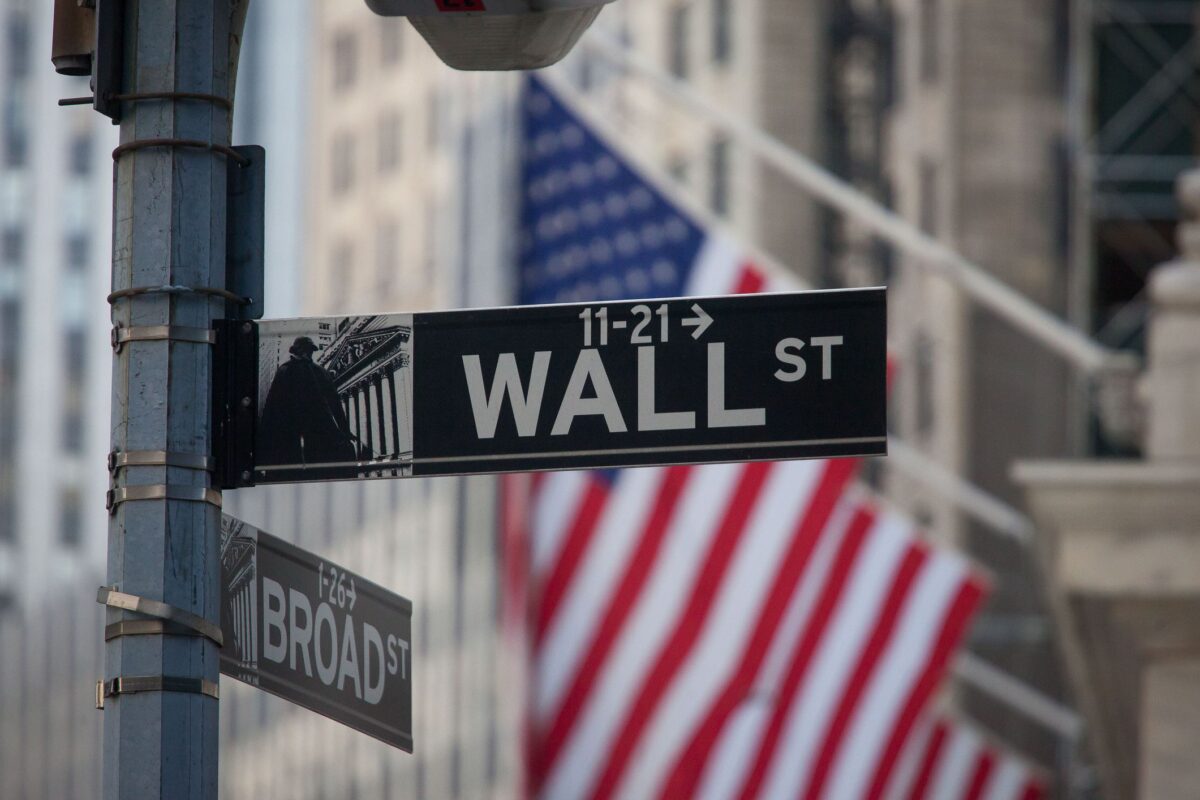Wall Street Expands Into Crypto Despite High Costs and Regulatory Hurdles
16.09.2024 18:00 1 min. read Alexander Stefanov
Wall Street firms are expected to keep expanding into crypto, despite growing competition and minimal correlation between Bitcoin and traditional indices like the S&P 500 and Nasdaq.
A Bloomberg report highlights that managing crypto assets is significantly more complex and costly than traditional ones, with crypto custody costing up to ten times more due to heightened security demands.
Exchanges such as Bybit, OKX, and Kraken continue to lead in trading volume, while Coinbase and BitGo dominate the growing custody market, currently valued at $300 million and expanding at 30% annually.
Traditional financial giants like BNY Mellon and State Street are looking to enter the crypto custody space, though regulatory challenges, like the SEC’s SAB 121 rule, pose hurdles.
Despite this, firms such as JPMorgan Chase are capitalizing on the market’s potential. Crypto also offers diversification opportunities, with Bitcoin’s price movements showing little correlation to traditional markets, maintaining its appeal as an independent asset.
-
1
AI Revolution Could Send Nasdaq Soaring, Says Market Expert
19.06.2025 14:00 1 min. read -
2
Wealthy Clients Demand Better Crypto Expertise from Advisors
25.06.2025 14:00 2 min. read -
3
White House Advisor Points Out What Could Push Crypto Market to $20 trillion
06.07.2025 10:00 1 min. read -
4
Top Spanish Bank Urges Wealthy Clients to Allocate Up to 7% in Crypto
18.06.2025 17:00 2 min. read -
5
Gold Eyes $4,000 as Global Instability Fuels Investor Flight to Safety
19.06.2025 8:00 1 min. read
Trump Imposes 50% Tariff on Brazil: Political Tensions and Censorship at the Center
President Donald Trump announced a sweeping 50% tariff on Brazilian imports, citing political persecution of former President Jair Bolsonaro and rising concerns over digital censorship.
Binance CEO Issues Urgent Crypto Security Reminder
As cryptocurrency adoption accelerates worldwide, so too does the frequency and sophistication of online threats. Richard Teng, CEO of Binance, has sounded a clear warning: the safety of digital assets hinges not just on exchange security but also on individual user responsibility.
Ripple Selects BNY Mellon as Custodian for RLUSD Stablecoin Reserves
Ripple has chosen global banking giant BNY Mellon to act as the primary custodian for reserves backing its enterprise-grade stablecoin, Ripple USD (RLUSD).
Here is Why the Fed May Cut Rates Earlier Than Expected, According to Goldman Sachs
Goldman Sachs now expects the Federal Reserve to begin cutting interest rates sooner than previously anticipated, forecasting the first reduction as early as September 2025.
-
1
AI Revolution Could Send Nasdaq Soaring, Says Market Expert
19.06.2025 14:00 1 min. read -
2
Wealthy Clients Demand Better Crypto Expertise from Advisors
25.06.2025 14:00 2 min. read -
3
White House Advisor Points Out What Could Push Crypto Market to $20 trillion
06.07.2025 10:00 1 min. read -
4
Top Spanish Bank Urges Wealthy Clients to Allocate Up to 7% in Crypto
18.06.2025 17:00 2 min. read -
5
Gold Eyes $4,000 as Global Instability Fuels Investor Flight to Safety
19.06.2025 8:00 1 min. read


